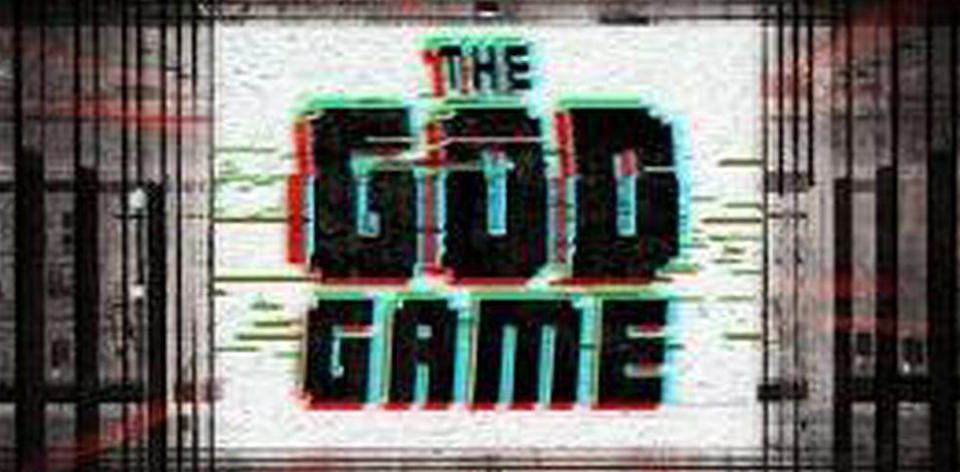Technology meets ethics in this thoughtful spin on a familiar thriller genre.
The ‘most dangerous video game’ trope has been around as long as the medium. It seems that there can’t be a new technology without a corresponding thriller catastrophising the possibilities of the game. From War Games to Black Mirror, film and TV has been rife with this kind of cautionary tale.
Many years ago, I read Australian author Gillian Rubinstein’s Space Demons trilogy, a series where the game drew you in and took hold in the real world. Written as they were for a younger audience, my 1985 counterpart couldn’t help but project myself into the roles of the people in the books. Danny Tobey’s THE GOD GAME reminded me of this almost immediately, although video games and the social web have become far more complex in the three decades since those books. It’s in this grey area that Tobey is interested in playing.
In Tobey’s scenario, once promising high schooler Charlie and his hacker friends (collectively known as the Vindicators) enter the G.O.D. Game, a video game that is ostensibly run by underground hackers. More intriguing is the mysterious AI administrating it, one that believes it’s God. The rules to the game are simple: “Win and ALL YOUR DREAMS COME TRUE.™ Lose, you die!” So-called ‘good’ behaviour is rewarded with Goldz and ambiguously ‘bad’ behaviour gets Blaxx.
By itself, it’s a narrative we’ve seen in dozens of times across multiple forms of media. What plays out is something more akin to a Blumhouse horror film if it was penned by Chuck Palahniuk. This is unsurprising from an author who has an award-winning background in the intersection between AI and the law.
Yet Tobey doesn’t focus on game mechanics so much as the morality play – or more accurately, a play on morality – the lurks underneath the surface. Like Stephen King’s Needful Things, the game tempts each of the players with their heart’s desire in return for small tasks or pranks. Naturally, there is a more tangled web between these tasks than we can initially see, as their Google Glass style eyewear (called ‘Aziteks’) blur the lines between game and reality.
Filled with a great collection of characters – think The Breakfast Club entirely populated by geeks – THE GOD GAME gets particularly interesting when it starts to delve into mythology, religion and notions of ethics. There’s the more well known scenarios like the Trolley Problem (which we know all about thanks to The Good Place). Yet the in-text game presents its ethics as “crowdsourcing morality,” creating situations to see how players judge each other’s choices.” (So, Twitter basically). In a way, the game becomes a stand-in for religion, as the lens through which the players run all of their moral decisions.
While some of the politics is heavy-handed, set as it is just prior to the 2016 US Presidential Election, this is still a book that propels along at a pace. Some of the momentum gives way to some more expected scenarios, but you’ll more than likely me on the edge of your seat (or whatever you’re sitting/standing on while reading) for the back half of this book. It’s a lot of fun and is a thinking person’s horror/thriller.
2020 | US | WRITER: Danny Tobey | PUBLISHER: St. Martin’s Press | LENGTH: 496 pages | RELEASE DATE: 7 January 2020





